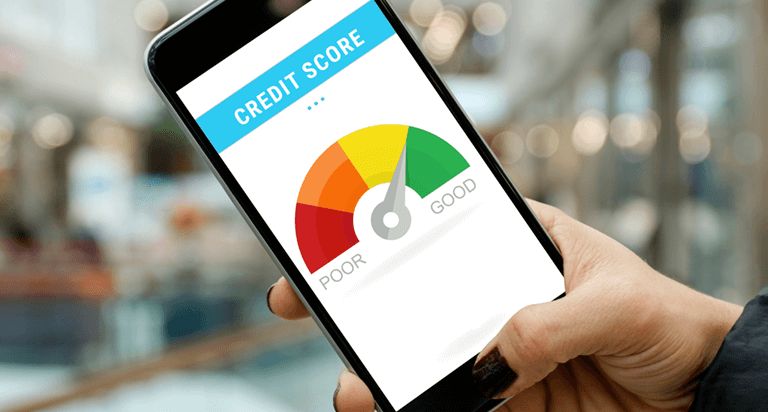Building a strong financial profile is essential for a plethora of opportunities, and improving your credit scores quickly can unlock numerous doors. Whether you’re aiming to qualify for a mortgage, secure better interest rates, or simply achieve greater financial stability, elevating your credit standing is a worthwhile pursuit.
In the United States, there are several effective strategies to enhance your credit scores in a short amount of time. This guide will navigate you through these methods, ensuring you take the right steps toward financial health.
Effective methods to boost credit ratings quickly

One of the most effective ways to see a rapid improvement in your credit scores is by clearing outstanding debts. Begin by gathering all your credit reports from the major bureaus to examine your current standing. This will not only give you a comprehensive overview but also highlight any discrepancies that need immediate attention.
Another potent strategy is reducing your credit utilization ratio. This ratio is the amount of credit you’re using compared to your credit limit. A lower ratio is favorable and can significantly boost your scores. Aim to keep your credit utilization below 30%.
Consider requesting a higher credit limit from your card issuer. If granted, this will automatically lower your credit utilization rate, provided you don’t increase your spending. An increased limit can positively affect your credit scores if used wisely.
Paying off and consolidating debts
Settling high-interest loans and debts can swiftly enhance your financial profile. Focus on paying off revolving debts, such as credit card balances, before other types of loans. This can cause a quick uptick in your credit scores.
Debt consolidation is another proven method. By consolidating multiple high-interest debts into a single, manageable payment, you can often secure lower interest rates and simplify your financial obligations. Additionally, this can reduce your credit utilization rate quicker.
Balance transfer credit cards often offer zero or low-interest rates for an introductory period. Transferring high-interest credit card debt to these cards can help you pay off the principal balance faster, thus improving your credit standing.
Timely payments and financial discipline
Your payment history significantly impacts your credit scores. Therefore, making timely payments on all your bills and loans is crucial. Setting up automatic payments or reminders can help you stay on track and avoid missed or late payments.
Paying more than the minimum due on your credit cards can also accelerate your journey to a higher credit rating. This demonstrates financial responsibility and helps reduce overall debt more rapidly. Avoid opening multiple new credit accounts in a short period. Each application creates a hard inquiry on your credit report, which can temporarily lower your scores. Instead, focus on managing your existing lines of credit responsibly.
Maintaining a healthy credit profile
Achieving a good credit score is just the beginning; maintaining it requires ongoing effort and vigilance. Regularly monitor your credit reports to ensure there are no errors or fraudulent activities that could impact your scores negatively.
Keeping old credit accounts open can be beneficial, as a longer credit history is typically viewed favorably by credit scoring models. However, ensure these accounts are in good standing and not accumulating debt.
Maintaining a diverse credit mix, such as a combination of credit cards, retail accounts, installment loans, and mortgage loans, can also positively impact your scores. This demonstrates your ability to manage various types of credit responsibly.
Understanding credit score factors
It’s essential to understand the factors that influence your credit scores. Payment history, credit utilization, length of credit history, new credit accounts, and types of credit used all play significant roles. Focusing on these can provide a strategic approach to improving your score.
Payment history is the most crucial factor, accounting for about 35% of your score. Late payments can severely affect your score, so prioritize paying your bills on time. Credit utilization accounts for roughly 30%. Reducing high balances on credit cards is one of the fastest ways to see improvement. Aim to keep credit usage low, ideally below 30% of your total available credit.
Utilizing financial tools and resources
Several financial tools and resources can help you improve your credit scores. Credit monitoring services can alert you to any changes or suspicious activities, allowing you to take swift action. Financial apps can help you track your spending, set budgets, and even make timely payments, ensuring that you stay on top of your finances.
Many credit card companies also offer free credit score tracking tools, which can help you monitor your progress. Seeking guidance from a financial advisor or credit counseling service can provide personalized strategies and support to improve your credit standing. They can help you create a manageable plan based on your unique financial situation.
